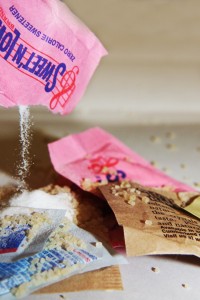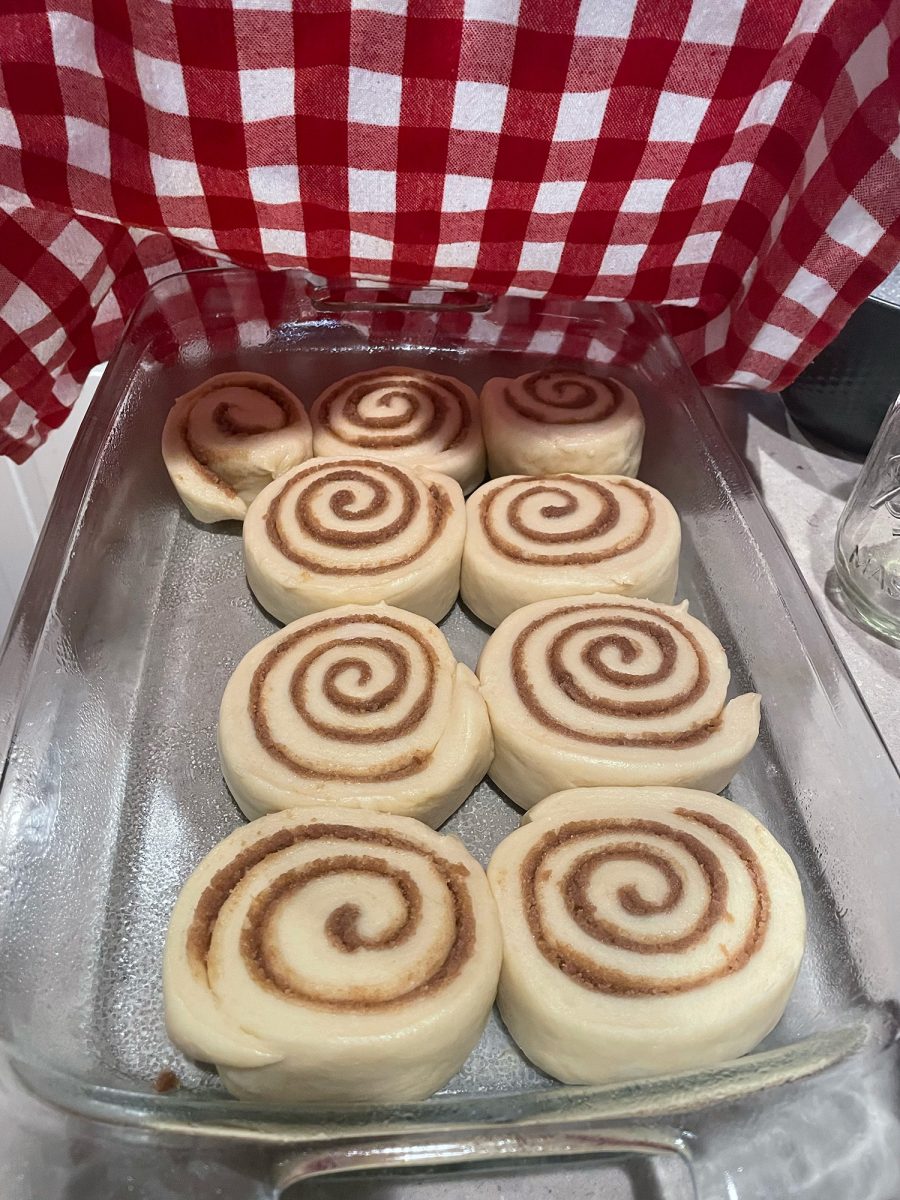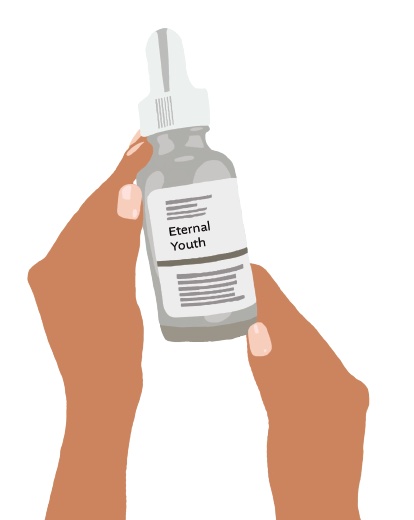 Since 1793, sugar has been the object of harsh criticism from food critics and health experts alike, and yet we all consume it to our heart’s content on a daily basis, often with no shame of our glutinous ways.
Since 1793, sugar has been the object of harsh criticism from food critics and health experts alike, and yet we all consume it to our heart’s content on a daily basis, often with no shame of our glutinous ways.
In 1793, a ship carrying just sugar and rum ran aground in the Caribbean. After nine days, the five survivors were rescued in near death conditions after surviving on just sugar and rum. Once this story hit Europe, a French Scientist named Francois Magendie was filled with curiosity surrounding the effects of sugar on the human body.
In his conclusion, he stated that a diet of nothing was better than a diet of just sugar and water and that people could survive longer with just water than both water and sugar.
“I think that in the future we will go back to natural cane sugar, every time we try to use a substitute we seem to find a problem with it.”
-Junior Clarissa Coburn
Sugar was popularly titled as an “anti-nutrient” and the sugar industry quickly hired scientists to redeem their precious and profitable sugar from the health scare caused by Magendie. However, to this day, scientists have been unsuccessful in finding any nutritional quality in sugar.
More bad press arose about sugar in 1929 after Sir Frederick Banting, the scientist who discovered insulin, noticed that diabetes was very common among sugar plantation owners who had, of course, great access to processed sugar.
However, the workers of the sugar field who chewed on the unprocessed sugar cane had no traces of diabetes. So why hasn’t all the bad press been effective at limiting the amount of sugar put into our foods and what is it about processed sugar that has caused such an addiction especially here in America?
This argument came back to the public eye in 2003 when a company called McNeil Nutritionals began to advertise a sucralose-based sugar alternative called Splenda to the baking community, claiming that it was healthier than sugar and thus could help create healthier baked goods that were before considered unhealthy.
By 2004, Splenda had gained incredible popularity among Americans and companies such as Starbucks and McDonalds began carrying it. This growing popularity of sugar substitutes has helped to inspire labs seeking to find the negatives of sugar intake and by 2012, the argument that sugar is bad for your health hit its peak in 2012 when Nature magazine published an article condoning sugar as a toxic substance and that it should be regulated.
Since this article came out, the sugar debate has become a widespread topic in journalism and there are ideas floating around surrounding laws imposing taxes on items where sugar has been added to the food. While some of these ideas are fairly understandable (such as taxing companies who are known to put more sugar into their food products more than their competition), on the other hand, ideas such as applying taxes on products with high sugar concentration only in low income neighborhoods are highly controversial.
In the end, the debate over sugar will continue to grow and the popularity of products such as Splenda will continue to encourage people to not purchase sugar. Sugar likely isn’t going anywhere because of its attraction of being natural compared to the chemical based sugar substitutes on the market. Sugar has not yet been replaced as an ingredient for recipes that call for it.
The reason that sugar is not going anywhere is that the vast majority of sweets we consume are made with sugar and as long as we are satisfying our sweet tooth with no regrets, sugar will continue to be a part of our every day lives.





































